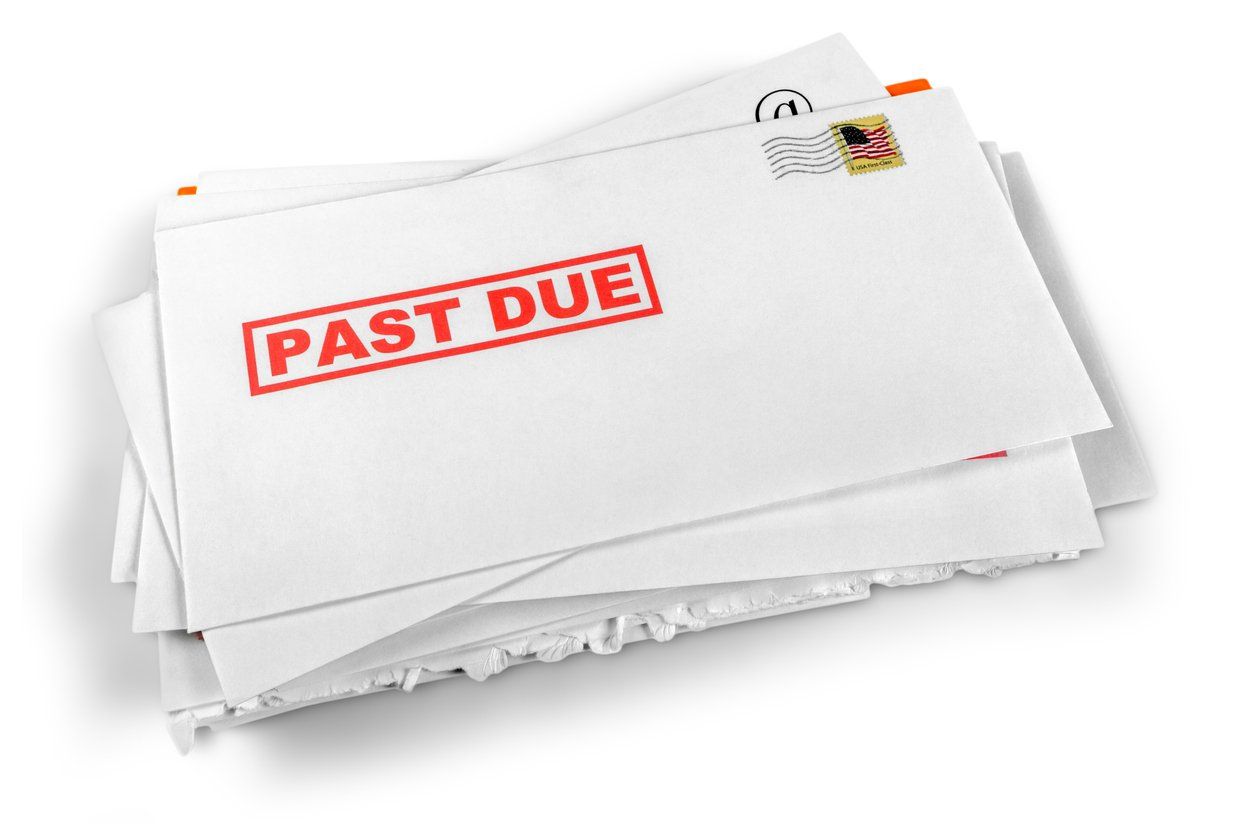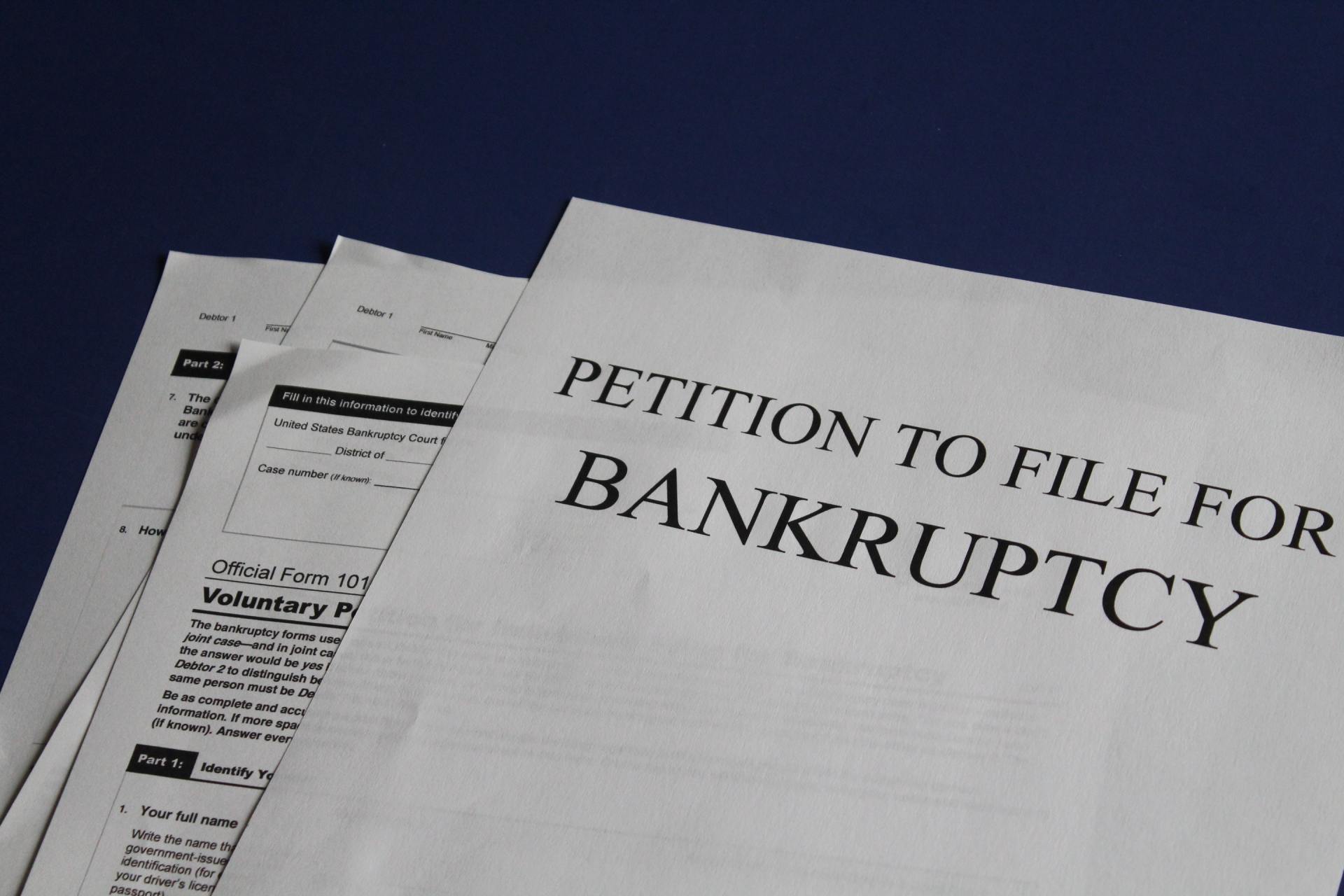What is the Means Test, or Income Test of Bankruptcy?
September 23, 2019
In 2005, Congress made bankruptcy much more difficult by adding an income test to the forms. Now not only do people need to list everything they own and their liabilities but they also needed to determine if their income was too high to file under chapter 7. However, keep in mind the means test ONLY applies to consumer cases. If your debt is business related debt or taxes the means test may not even apply to you.

If you have questions about your qualification for chapter 7 or how the means test (income test) will work for you in chapter 13 please email or call me and I can assist you.
The means test can really be summed up into two parts. If you pass part one then you get to stop and you don't have to do part two. If you fail part one, then you get a second chance in part two.
Part One of the Means Test
Part one of the means test is pretty straight-forward. You take the income of the household for the last six months and multiply it by two for an annual number. Then you look at your applicable median income figure and see if your income is higher or lower than the applicable median income. Applicable median income is determined by state and household size. If your annualized income is less than the applicable median income then you have passed the means test and are done (you qualify for chapter 7, at least based upon income). If your income is higher than the applicable median income then you are just getting started and will have to move on to part two.
Part Two of the Means Test
Please keep in mind that I could write an entire book on this topic and in this article I'm trying to keep things simple so you may grasp what is going on in the means test.
Part two starts with the annualized income you calculated for yourself in part one. Now you make the income monthly so you divide by 12, this is your monthly income. Part two seeks to determine what your monthly disposable income is, i.e. how much of your monthly income is left-over for unsecured creditors after you've paid your monthly expenses and any creditors in priority to your unsecured creditors.
Naturally if people could manipulate the monthly expenses for food and other necessities you would get some people of the same household size claiming $1,200 for such items and others claiming only $600. If your income is higher you would likely claim you need more of the income for such items, leaving less left over for creditors. So Congress decided for the purpose of the means test you will either be found to live within your means or you are spending too much. So in my example of the two households of the same size claiming $1,200 and $600 for food and other necessities each month you would instead use a standard. So let's say the standard is set at $900. That means on the means test you only get to claim $900 instead of claiming $1,200 or $600. The household spending $1,200 needs to tighten its belt while the household only spending $600 is actually getting a benefit because it gets to claim $900 instead. This is how much of the costs of living items works on the means test. Sometimes you may go ahead and claim the additional deduction, for example, child care or regular medical expenses. Because every deduction is different you should seek an attorney to assist you with the means test.
Other deductions you get to take on the means test include, and are not limited to, priority tax debt, child support, secured debt payments (mortgage or car loan), and health insurance. Remember you only take the monthly payment amount on each of these items.
The final result of the means test is found by starting with the monthly income and deducting the living expenses, secured debt payments and priority debt payments from the monthly income. You are either left with a positive number indicating there is still disposable income available for unsecured creditors each month (meaning you do not qualify for chapter 7) or you are left with a negative amount of disposable income thus indicating you do qualify for chapter 7.
The means test can vary greatly depending on circumstances
As you can probably tell from the breif description the means test can be highly complicated and you can get varying results. For example, say the applicable median income for a household of one is $50,900. Person A has annaulized income of $51,000 and Person B has annualized income of $62,000. Person A has no secured debt payments, no tax debt, no child support, and no extraordinary monthly medical expenses. Person B has a mortgage, car loan, child support of $600/mth, owes the IRS $10,000, and pays $250/mth for necessary medication. Despite Person B being so much more over the median income figure, Person B probably has a better chance of qualifying for chapter 7 because he has more deductions available to him. Person A would likely be left with chapter 13 for bankruptcy relief.
Denver Bankruptcy Law Office Nathaniel Thompson

If you are planning to file for chapter 7 bankruptcy, you will want to know what happens to various property in such a filing. And if you live in the Denver area, we highly advice you consult a Denver bankruptcy attorney, especially if you wish to retain or sell property through your bankruptcy filing.

A primary goal of a lot of clients is to rebuild their credit. A good Colorado bankruptcy attorney can assist you with this process. Often the first step to rebuilding something is to first demolish what is already there. A bankruptcy will accomplish that task and then it must serve as the foundation on which to rebuild your credit. So, how do you go about rebuilding your credit into something strong?

When people think bankruptcy, they usually immediately think the bankruptcy court is going to take and sell all their stuff. While the most basic way of explaining chapter 7 bankruptcy is that the bankruptcy court sells your assets and in exchange of you putting yourself through that process you get a discharge of your debts, it is a bit more complex than that. So, it is highly recommended that you contact a Denver bankruptcy attorney before filing.

Exemptions in bankruptcy are the statutes determining which property you are permitted to keep and which property is to benefit the creditors. Because property rights are generally an issue the federal government reserves to the states, Congress decided that the bankruptcy code should permit each state to determine the exemptions to be used by residents of the respective state. If you live in the Denver Colorado area, we highly advice you consult a Denver bankruptcy attorney before filing.





